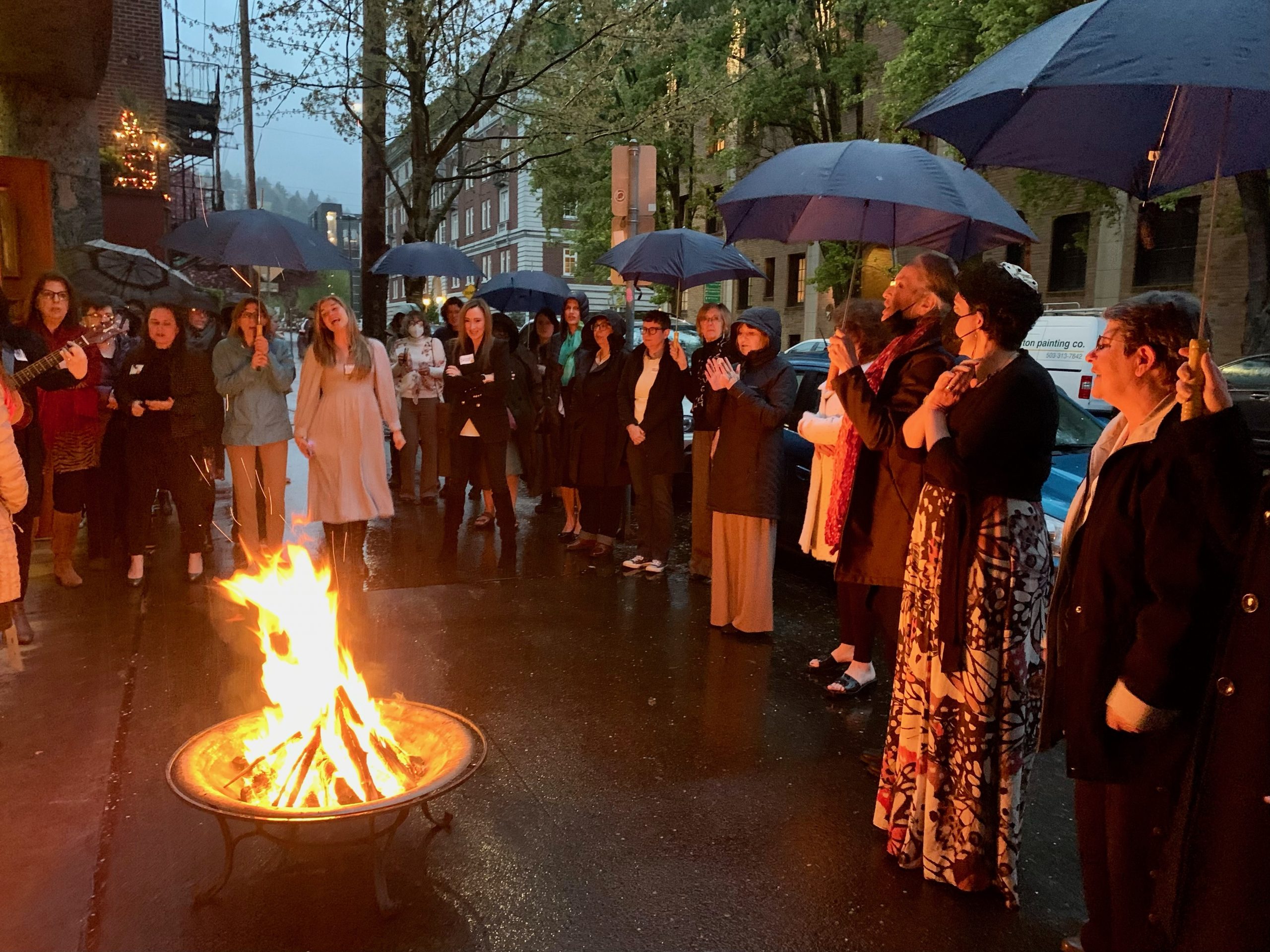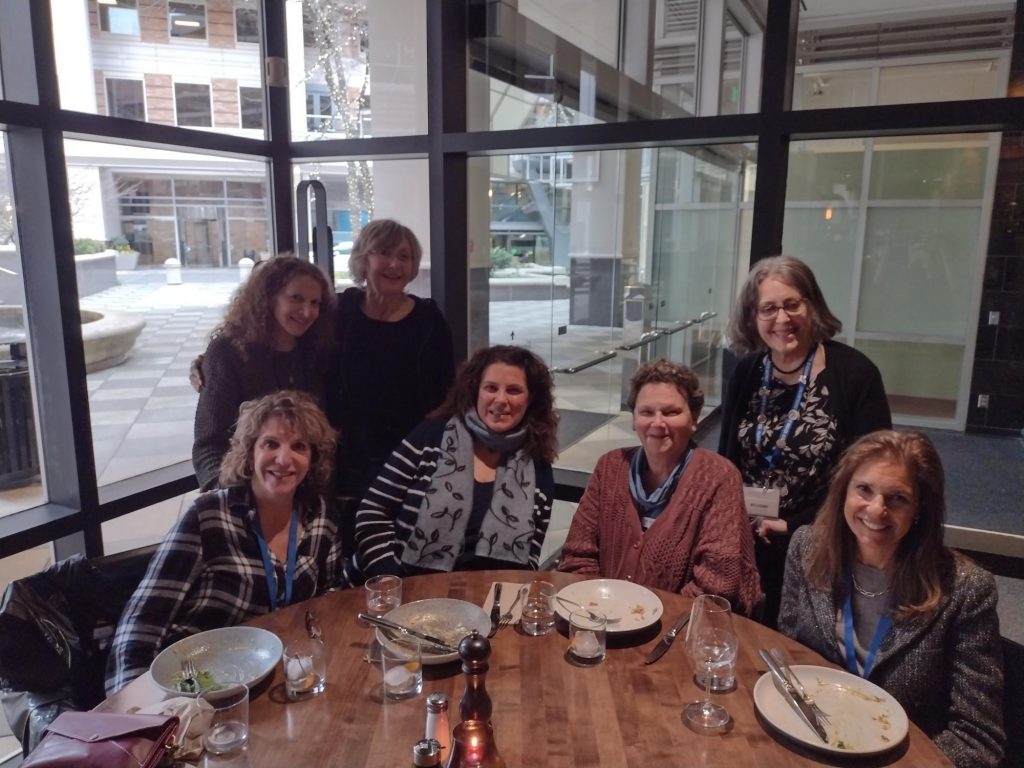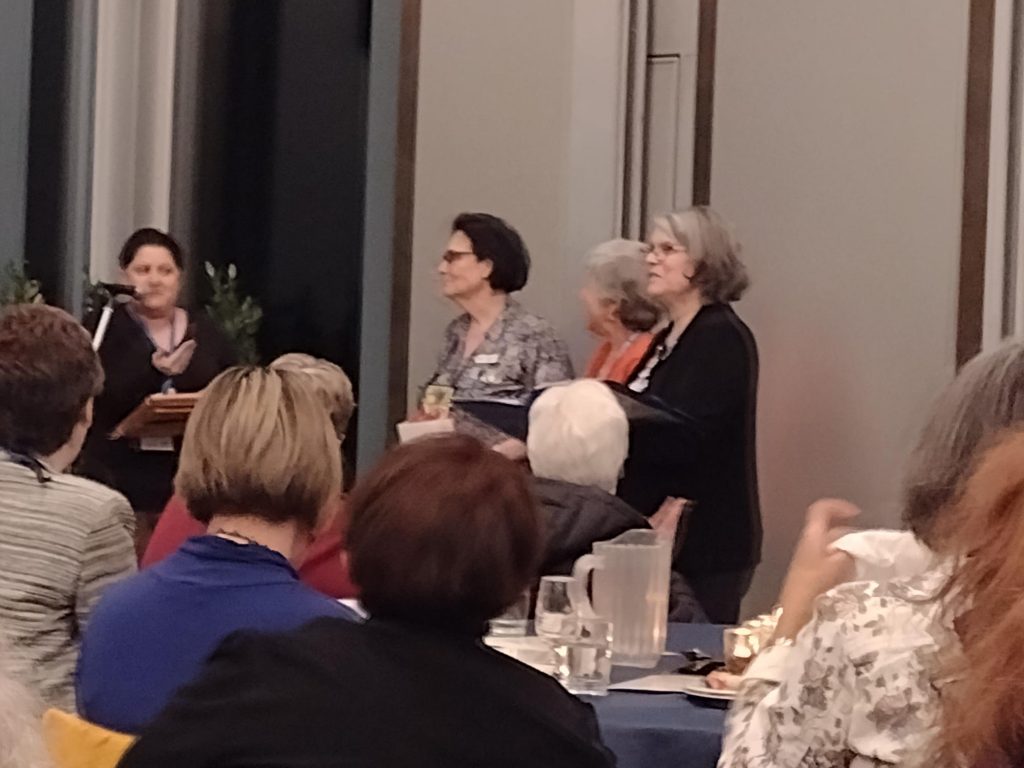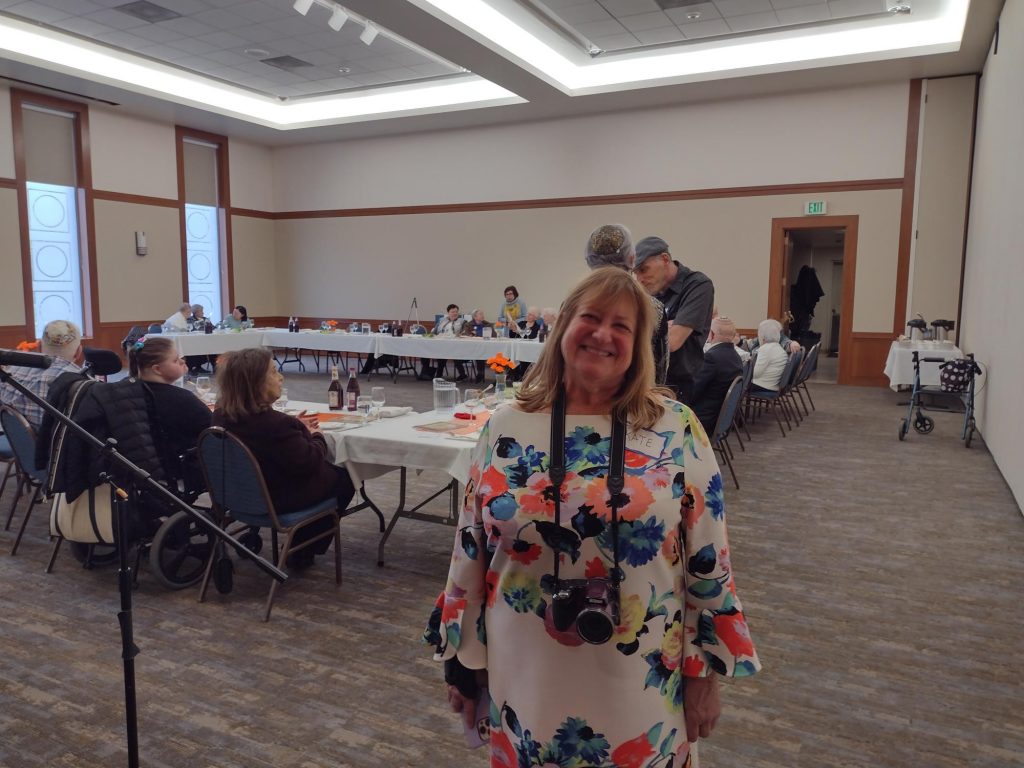1972 NW Flanders Street, Portland, Oregon 97209 | 503-222-1069

You are here: Home » WRJ/Beth Israel Sisterhood
 WRJ/Beth Israel Sisterhood
WRJ/Beth Israel Sisterhood At Congregation Beth Israel, WRJ/Beth Israel Sisterhood’s mission is to bring women together to support and benefit Congregation Beth Israel and the community by providing opportunities for friendship, service, spiritual growth, and learning.
WRJ/Beth Israel Sisterhood is a warm community of all who identify as women as well as those who identify as transgender, gender-queer, non-conforming, or non-binary.
The Sisterhood Gift Shop has great gifts for weddings, Shabbat, Bar and Bat Mitzvahs, and more: Kiddush cups, jewelry, books, candles, and other Judaica. Profits go to the Religious School. Gift shop hours are Sunday, 9:15 AM. – 12:15 PM.
A limited selection is available in the CBI Main office; please call 503-222-1069 to arrange a visit.
If you are a new Sisterhood member, let the staff know so you can get a one-time 10% discount on your purchase. Contact Bonnie Barg for any questions.



Want to be up-to-the-minute with all things Sisterhood? Read on, or click one of the buttons below.
Sisterhood Leadership
Immediate Past President – Susan Berniker
President – Ellen Zellinger
Vice President – Nadine Block
Treasurer- Julie Stone
Recording Secretary – Rita Effros
Corresponding Secretary – Michael Richman
Membership Co-Chairs – Elaine Berman and Rhonda Daniels
Fundraising Co-Chairs – Michelle Shari Kruss and Melissa Himmelman
Programming Co-Chairs- Reilly Kwaitkovsky and Debbie Geller
Emertia -Ellen Bick
Gift Shop – Bonnie Barg
GS Bookkeeper – Judy Stone
Social Action Co-Chairs – Lara Guroff andJennifer Pesetsky
Religious Liaison – Sally Swire
Outreach to Robison – Virginia Gitter
Volunteer Coordinator – Debbie Braymer
Communication/Newsletter – Rose Marshall
Social Media – Kate Royston
College Outreach Co-Chairs – Leslie Berman andLeslie Geller
Rosh Hashanah Sweets Table -Davina Doby andSue Gordon
Community Seder Co-Chairs -Virginia Gitter, Rhonda Daniels and Kristen Siemon
Copyright © 2025 Congregation Beth Israel. All rights reserved. Website designed by Addicott Web.